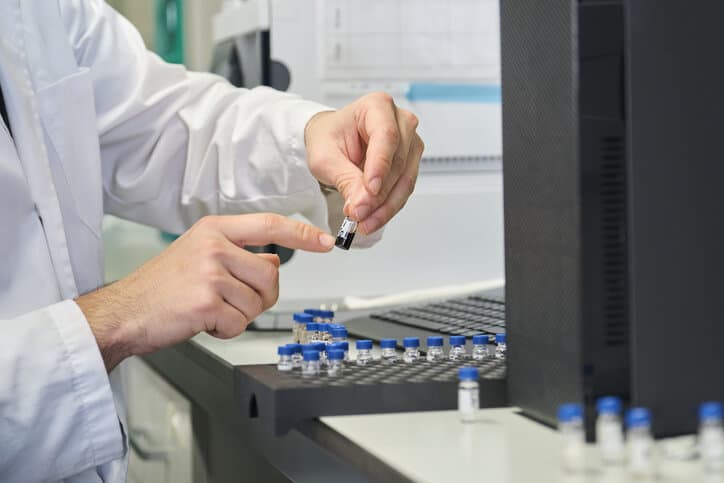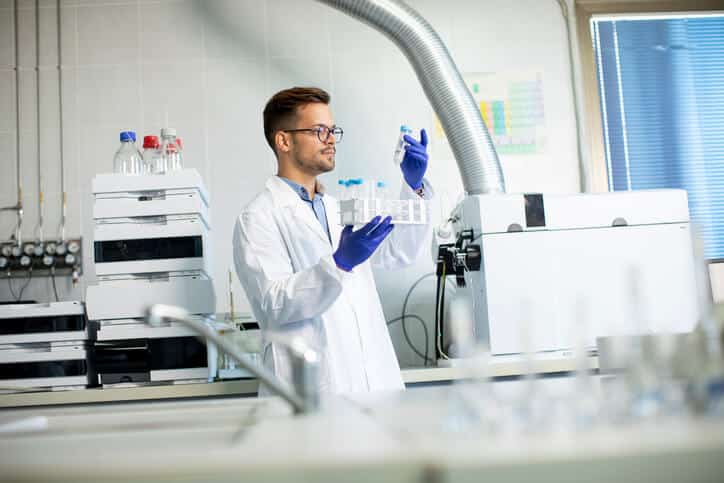Completing your HPLC (High-Performance Liquid Chromatography) certification program is a significant achievement. This specialized qualification sets you apart in the scientific world, allowing you to engage in work that few are qualified for. HPLC is a leading technique in analytical chemistry, used to separate, identify, and quantify each component in a mixture. Your certificate validates your skills and expertise in using this advanced technology.
But once you’re certified, where can you channel your expertise? Let’s explore four promising roles you might consider.
1. Analytical Chemist
This is a straightforward role for someone with HPLC certification. Analytical Chemists use advanced techniques like HPLC to analyze chemical compounds with precision. Your HPLC certification will give you the expertise needed to excel in this role.
Analytical chemists are responsible for method development and validation, troubleshooting instrumentation issues, and ensuring the accuracy and reliability of analytical data. They play a vital role in quality control, product development, and research projects, making them critical contributors to a pharmaceutical company’s success. This role is for you if you have a knack for detail and precision. Analytical chemists often work in pharmaceuticals, environmental agencies, or food and drink industries.

Earning an HPLC certificate qualifies you to work as an analytical chemist.
2. Quality Control Specialist
Quality control is indispensable in industries that produce consumables, such as food and pharmaceuticals. As a Quality Control and Assurance Analyst, your primary duty is to oversee the quality of pharmaceutical products, including conducting HPLC analyses to ensure they meet regulatory standards.
As you’ll discover in pharmaceutical school, this role involves rigorous testing of raw materials, intermediates, and finished products using HPLC techniques. You will maintain accurate records, validate HPLC methods, and collaborate with other departments to address deviations or issues. A strong understanding of HPLC is crucial in this role, as it directly impacts product quality and regulatory compliance.
3. Pharmaceutical Laboratory Technician
A Pharmaceutical Laboratory Technician is one of the most common career paths for individuals with HPLC certification. As a lab tech, your primary responsibilities will include preparing and running HPLC experiments, maintaining and calibrating HPLC instruments, and documenting results accurately. You’ll work alongside scientists and researchers, playing a crucial role in drug development.

You can work as a pharmaceutical laboratory technician after earning an HPLC certificate.
Pharmaceutical lab technicians are essential for ensuring that all HPLC procedures are conducted efficiently and according to strict quality control standards. This role provides hands-on experience with HPLC equipment and various analytical techniques, making it an ideal starting point for those looking to build a solid foundation in pharmaceutical research.
4. Associate Scientist
Earning an HPLC certificate can also pave the way to a career as an Associate Scientist in pharmaceutical research and development. In this role, you’ll work closely with senior scientists to design experiments, develop HPLC methods, and analyze data to support drug discovery and development efforts.

Earning an HPLC certificate is an excellent way to fast-track an associate scientist career.
As an Associate Scientist, you’ll contribute to creating new pharmaceutical formulations and optimizing HPLC techniques to identify and quantify active compounds. This role offers opportunities for innovation and problem-solving, as you’ll be involved in finding solutions to complex analytical challenges.
Are you interested in exploring our HPLC course?
Contact AAPS for more information.




